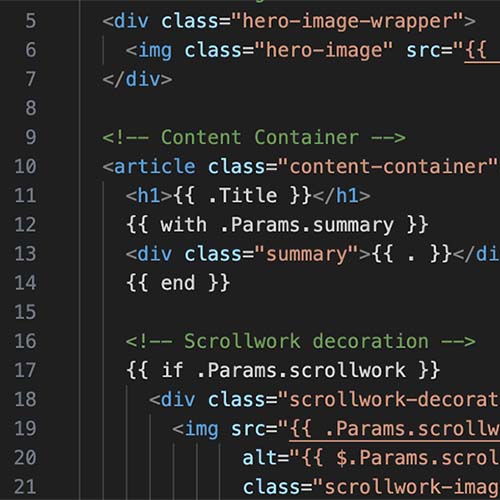Book Review: Historical Fiction Novel Wall of Tears by David Kerr
Summary of the Wall of Tears by David Kerr
“We sometimes criticize and point the finger at other people who do the same things we did, the things we’re ashamed to talk about.” In the Wall of Tears, author David Kerr offers us a “modern” historical fiction version of ancient biblical history.
Wall of Tears is a fictionalized account of several lives, told through the experiences of Uri, the son of Auschwitz survivors Maya and Abdiel. We see Uri grow up in the pages of the book and become a father himself. He falls in love with a Palestinian girl from a family that was their neighbor in the same kibbutz. Yet, despite the strong friendship between the families, an interracial relationship between a Jew and a Palestinian tears the traditional families apart. Aalia, Uri’s love interest, is murdered by her own brother who becomes radicalized in the Palestinian resistance. As Uri searches for reasons that he cannot find, he is introduced to a person that helps him understand the other perspective. As a result, Uri finds forgiveness and acceptance within his own heart.
Analysis of the Story within Wall Of Tears
This is an unusual story in many respects. To quote:
“We start with the pot on the stove, cold. As time progresses, it becomes hotter.”
-Rabbi Yousef, one of the characters in the historical fiction novel Wall of Tears
Unlike stories that hook you in from the outset, I never saw the hook coming—but when it came, when one of the characters was murdered, I had to put the book down to grieve alongside Uri. Sure, it was foreshadowed. Of course, I expected something to go wrong… and I never saw it coming; it hit me like a ton of bricks. It was that masterfully done.
This book sets out to describe the human face of the Israeli-Palestinian conflict, with a finely woven narrative thread that pays respect to the cultural history of both peoples. We experience the conflict through Uri’s eyes. And it is through his eyes that Kerr teaches us to consider both sides. The terrible human toll of that conflict, as well as its historical headwaters are respectfully presented.
Woven into this is another story—the biblical, historical tale of two brothers—Abraham’s sons Ishmael and Isaac. More specifically, the conflict that is described by as the described as a sibling rivalry over a divine promise. David Kerr explores Ghazi’s jealousy towards Uri—seemingly brothers, but Uri got to go to medical school, while Ghazi became a mechanic (in his own words … a “grease monkey.”) This hardening of hatred because of opportunity becomes a modern version of the Cain and Abel conflict over the offerings to God. Uri learns about Ghazi’s jealous hatred of him and wonders how Gazi could murder his own sister as a result.
It is interesting that Uri’s mitzvah is chesed—kindness. In the book we see him master his rage and learn forgiveness—and that is a different, third, and much more powerful story also woven in from the start when Uri’s parents survived Auschwitz. It is a story of the human heart, saddled with the realization that the power of the greatest evil and the greatest good coexists inside of it, all in one indivisible whole. This historical fiction novel seamlessly interweaves these three threads—these three stories, each explaining and complementing the other as one narrative.
The book was inspired by Mr. Kerr’s meeting of a person at the Western Wall, whose parents were survivors of the holocaust. Well-researched through three trips to the holy land, this story combines the biblical historical stories, historical fiction, and the experiences of real suffering into a fantastic novel, enriched by the author’s insights as a therapist - failures of parties in conflict to consider alternative positions; to step back from the grip of emotion and attempt to come to a middle ground.
Final Comments - Historical Fiction Novel Wall of Tiers by David Kerr
I recommend this book without any reservation – to any fan of historical fiction, to any fan of the biblical and historical story of Israel and Palestine, and to every human as a piece of wisdom that we all must learn.
Learn more about David Kerr and purchase the book on his website or on Amazon.












